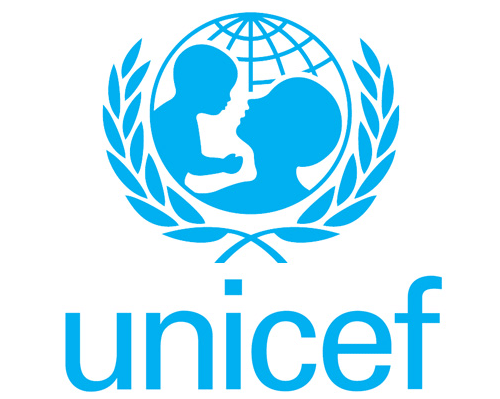
By Ugo Aliogo
The UNICEF has appealed for $3.6 billion to provide
lifesaving humanitarian assistance to 48 million children living through conflict,
natural disasters and other emergencies in 51 countries in 2018.
The UNICEF Director of Emergency Programmes, Dr.
Manuel Fontaine, in a statement issued on Tuesday by the Agency Communications
Specialist, Ms. Eva Hinds, noted that around the world, violent conflict is
driving humanitarian needs to critical levels with children especially
vulnerable.
According to Fontaine, conflicts that have endured
for years, such as those in the Democratic Republic of Congo, Iraq, Nigeria,
South Sudan, Syria and Yemen among other countries continue to deepen in
complexity, bringing new waves of violence, displacement and disruption to
children’s lives.
He said: “Children cannot wait for wars to be
brought to an end with crises threatening the immediate survival and long term
future of children and young people on a catastrophic scale around the world.
“Children are the most vulnerable when conflict or
disaster causes the collapse of essential services such as healthcare, water
and sanitation. Unless the international community takes an urgent action to
protect and provide life-saving assistance to these children, they face an
increasingly bleak future.
"Parties to conflicts are showing a blatant
disregard for the lives of children. Children are not only coming under direct
attack, but are also being denied basic services as schools, hospitals and
civilian infrastructure are damaged or destroyed. Approximately 84 per cent ($3.015
billion) of the 2018 funding appeal is for work in countries affected by
humanitarian crises resulting from violence and conflict.
"The world is becoming a more dangerous place
for many children with almost one in four children now live in a country affected
by conflict or disaster. For too many of these children, daily life is a
nightmare."
Fontaine said the spread of water-borne diseases is
one of the greatest threats to children’s lives in crises.
He stressed that attacks on water and sanitation
infrastructure, siege tactics which deny children access to safe water as well
as forced displacement into areas with no water and sanitation infrastructure
leave children and families at the risk of relying on contaminated water and
unsafe sanitation.
He stated that girls and women face additional
threats, as they often fulfill the role of collecting water for their families
in dangerous situations.
“117 million people living through emergencies lack
access to safe water in many countries affected by conflict. Also, more
children die from diseases caused by unclean water and poor sanitation than
from direct violence.
“Without access to safe water and sanitation,
children fall ill and are often unable to be treated as hospitals and health
centres either do not function or are overcrowded. The threat is even greater
as millions of children face life-threatening levels of malnutrition, making
them more susceptible to water-borne diseases like cholera, creating a vicious
cycle of under-nutrition and disease," Fontaine added.
The Emergency Programmes Director noted that as the
leading humanitarian agency on water, sanitation and hygiene in emergencies,
UNICEF provides over half of the emergency water, sanitation and hygiene services
in humanitarian crises around the world.
When disasters strike, he said UNICEF works with
partners to quickly provide access to safe drinking water, sanitation services
and hygiene supplies to prevent the spread of disease.
No comments:
Post a Comment